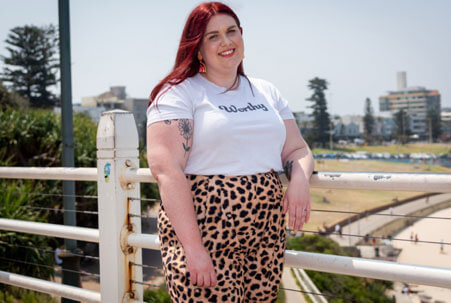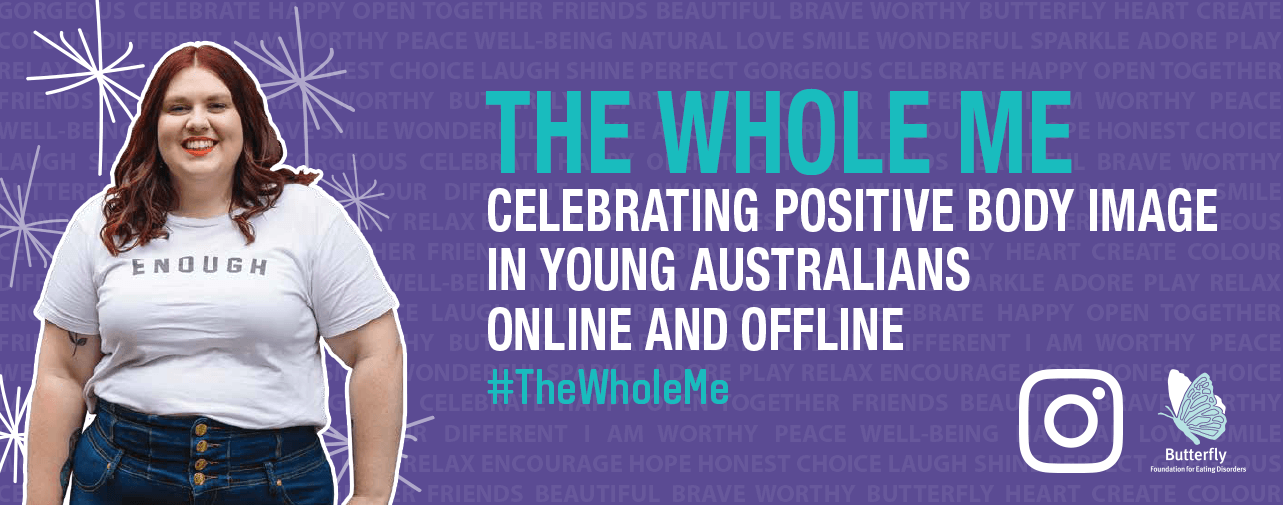I started to believe my body was wrong and I needed to change it to be worthy

“I started to believe my body was wrong and I needed to change it to be worthy, to be accepted,” Sarah says.
“I’d deprive myself on fad diets. But I was also really struggling with my mental health. I didn’t know how to cope with my feelings so to numb myself, I’d go on binges and then feel guilty and ashamed. So I’d start another diet, then turn to food again. It was a vicious cycle and I couldn’t get out of it.”
With no idea she had a disorder she could seek treatment for, this was Sarah’s life for 12 years.
Do you know what the most common eating disorder is? Most people don’t. Yet out of more than one million Australians with an eating disorder, it’s estimated that around 83% have Binge Eating Disorder.
“When I found out about Binge Eating Disorder, a lightbulb switched on in my head. Having a diagnosis, I realised I wasn’t alone. It also meant I could receive the treatment I needed.”
“My dietitian referred me to a group therapy program specifically for people with Binge Eating Disorder. It was life-changing and liberating being surrounded by people who all had similar experiences.”
It is not okay that the general lack of awareness and the stigma attached to Binge Eating Disorder means people with this insidious mental illness often don’t know to seek help, and medical professionals can’t offer appropriate advice. People shouldn’t have to suffer alone in silence, feeling deep shame, guilt, hopelessness and isolation that tears their already fragile self-esteem apart even more.
In fact, guilt, shame and disgust in themselves means someone experiencing Binge Eating Disorder often hides what they are going through and doesn’t know how to seek help.
When Sarah finally had support to open up about her eating disorder, she felt empowered to start a brand new life.





















